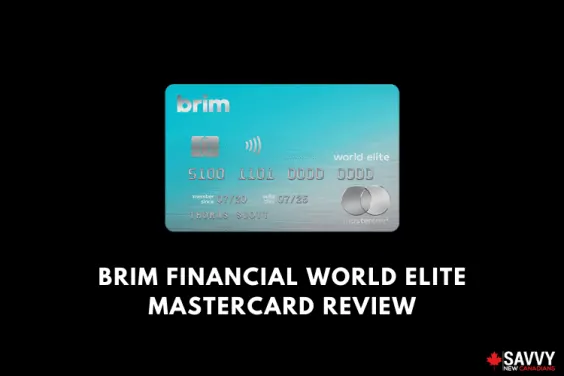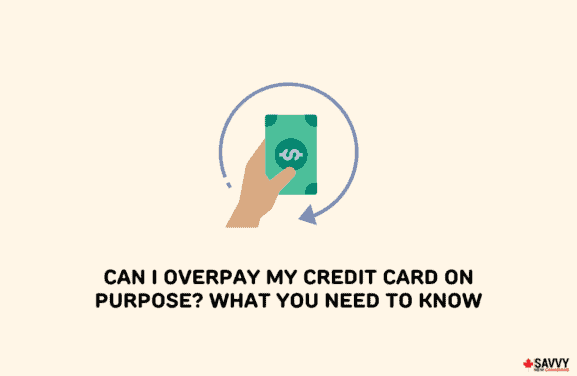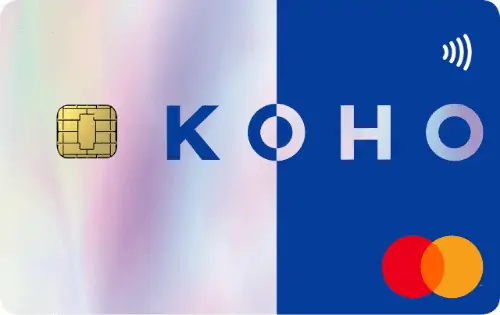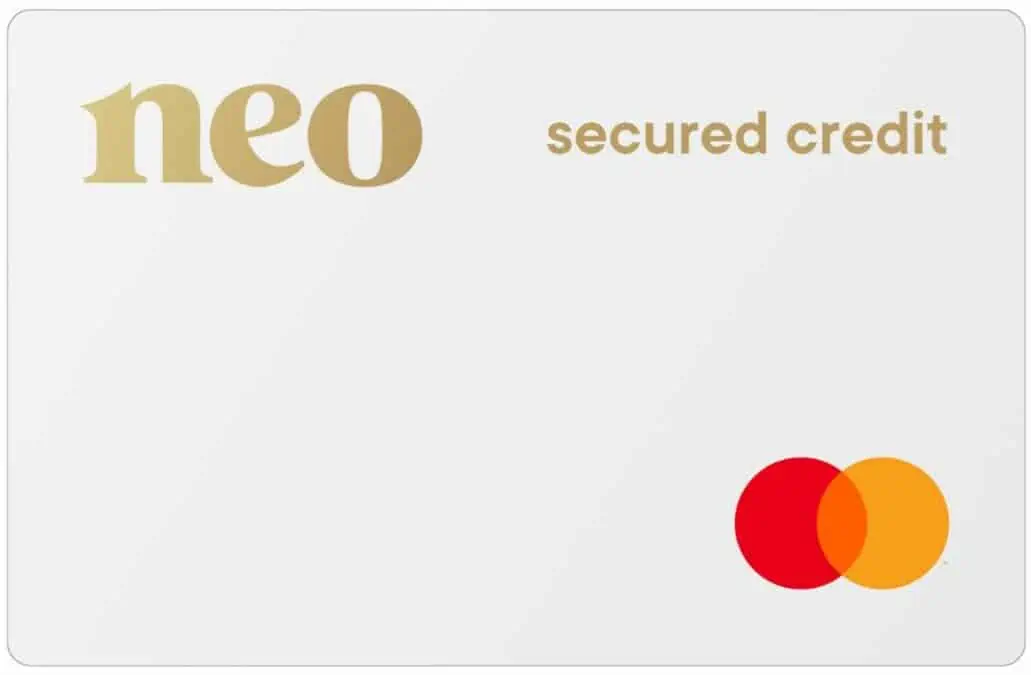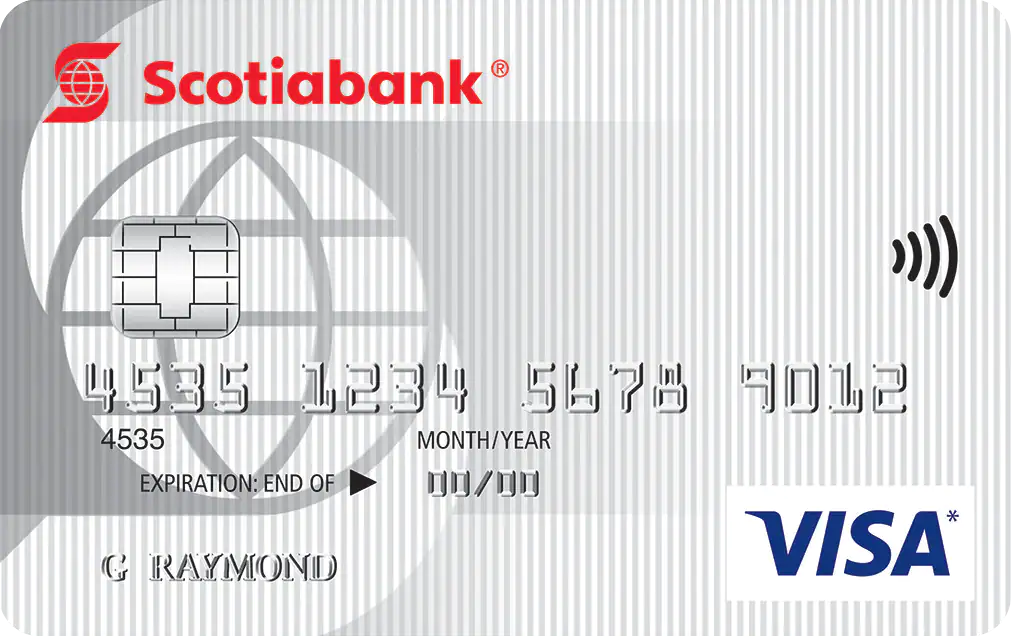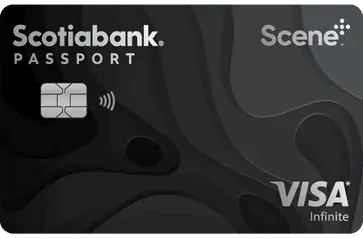If you’re planning to cancel your credit card, you must ensure that you do so properly. Otherwise, you could end up damaging your credit score. It’s generally best to keep unused credit cards open, because they can help to grow your credit score due to credit longevity.
But there are certain situations in which you may want to consider cancelling your card – or switching to another.
When you’re thinking about cancelling, you probably have various questions: is it bad to cancel a credit card? How can I close a credit card without hurting my credit? Can I cancel a credit card online?
This guide will cover all these questions and more, equipping you with the knowledge you need to make an informed decision.
When Should You Cancel a Credit Card?
There are several scenarios in which cancelling a credit card makes sense. For instance, it can be a good option if you’re struggling to make payments and want to prevent yourself from accumulating more debt. You’ll also leave yourself with fewer bills to manage and pay.
You may also want to cancel a credit card because of the high annual fee. If that’s the case, it’s often worth reaching out to the card issuer (like RBC or Scotiabank) and inquiring about switching to a card with a lower annual fee.
If you can, you’ll be able to complete a “product change” instead of a cancellation, which won’t have the same negative effects.
If you do need to cancel your credit card, it’s recommended that you cancel a newer one rather than an older one. That’s because your credit longevity, or how long your oldest line of credit has been open, is an important factor in determining your credit score.
Cancelling credits can undoubtedly be done without wreaking too much havoc on your credit score, but it’s important to do your research beforehand and understand the cancellation requirements before you do so.
How to Cancel a Credit Card Online
In today’s digital world, it’s getting more and more common to be able to cancel a credit card online. Previously, you had to cancel by phone or mail, but online cancellation is a simpler and quicker option.
Step 1: Pay Off Your Balance
When you’re looking to close a credit card, the first thing you’ll need to do is pay off the balance in full. The issuer won’t be able to cancel your card until your balance is at $0.
This is an important thing to note because if you cannot financially manage to pay off the card’s full balance, you’ll need to wait to cancel it.
Step 2: Redeem Your Points or Cash Back
You don’t want to lose the points or cash back that you earned while holding your card, so you’ll want to redeem those points before you close the card.
In some cases, that can be as simple as transferring them to another account (such as in the case of frequent flyer miles). In other cases, redeeming your cash back can help you pay off your balance.
Step 3: Cancel or Transfer Recurring Payments
Confirm that you don’t have any recurring payments, like bills or subscriptions, being paid from your card.
If you don’t cancel these payments or reroute them to go through a different card, you’ll still be on the hook for them – and your card’s balance won’t be at zero, so you won’t be able to cancel it.
Step 4: Confirm Cancellation and Request a Credit Report
To cancel the credit card, you’ll need to contact your credit card company. Some credit issuers (like American Express, Scotiabank, and CIBC) will only allow you to cancel your card over the phone.
This is so that they can assign an agent to you to try to convince you to continue being their customer. Don’t forget – the choice is entirely yours.
Many other credit card issuers, however, allow you to cancel the card online through their website’s secure messaging system.
You’ll just have to log in to your account, go to your messages, and initiate a secure message saying that you want to cancel your card. RBC, TD, and BMO credit cards can all be cancelled through secure messaging services online.
After you’ve confirmed the cancellation, you should write down the date and time of your cancellation, and any confirmation number that you’re provided just in case your card is not cancelled as you requested.
You can also request a credit report at this time.
Does Cancelling a Credit Card Hurt Your Credit Score?
Cancelling a credit can hurt your credit score, but if you do it strategically, you can minimize that damage. That can happen because card cancellation impacts three important factors used in determining your score.
First, it can affect credit history, which is based on your ability to hold into a credit card and remain in good standing with that lender. This is part of the reason that it’s better to cancel a new credit card than an older one.
Cancelling a credit card can also decrease your overall credit limit, meaning you’ll have access to a smaller line of credit.
Your credit score factors in credit utilization or the percentage of your available credit that you use. So if you decrease the total amount of credit you have available, then you may end up using a higher percentage of what’s left.
Credit scores also value having a mix of credit types. So if you only have one credit card, it’s probably not a good idea to cancel it. You want to maintain some diversity.
Related: What is a Joint Credit Card?
FAQs
Even if you try to cancel a credit card that has a balance on it, you’re still responsible for paying that money. Most credit card issuers will not allow you to cancel your card if the balance is above zero.
In short, yes. Your card needs to have zero balance before you can cancel it, so if you’ve already achieved that goal, then you’re probably ready to begin the cancellation process by following the steps mentioned above.
Cancelling a credit card can have both pros and cons. If your bank cancels your credit card automatically, that doesn’t look good for your credit score. But if you cancel your card, you can operate strategically to ensure it isn’t damaging. It might be a good option for you if you’re hoping to avoid high annual fees or prevent yourself from accumulating more debt.
Depending on your credit card issuer, it might be more or less easy to cancel your credit card. Some banks (including RBC, TD, and BMO) allow you to cancel your credit card online through secure live messaging services. Other issuers may require you to call the company by phone, meaning you’ll have to speak to a rep to do the cancellation.

